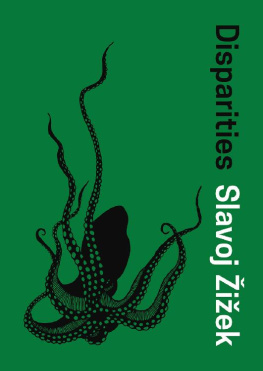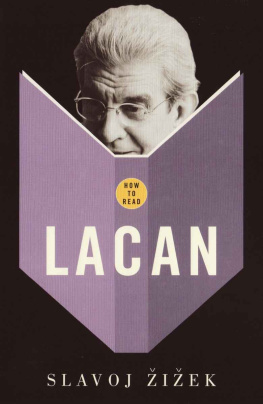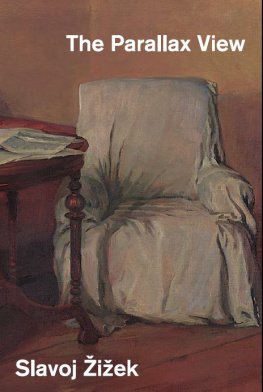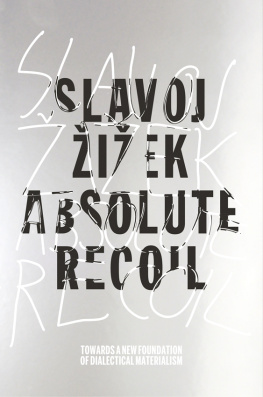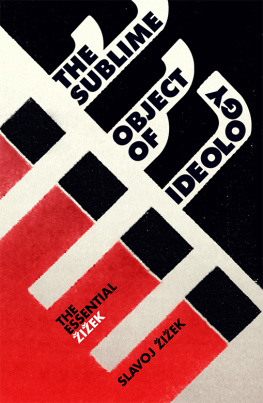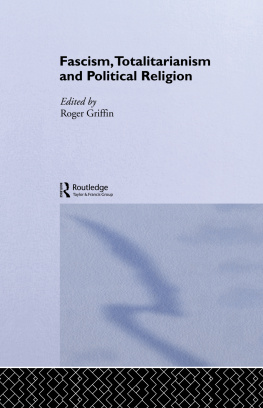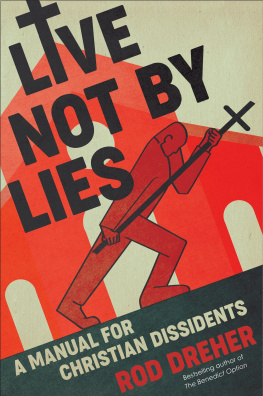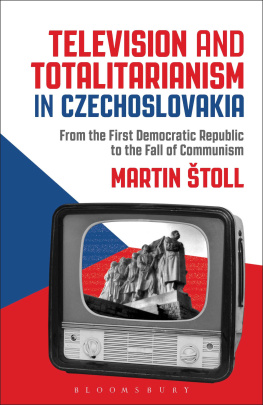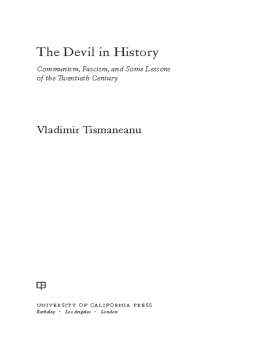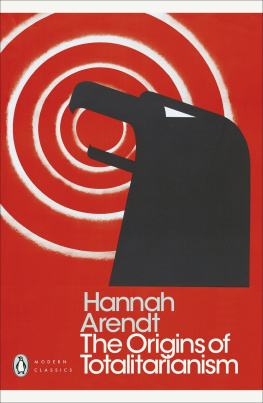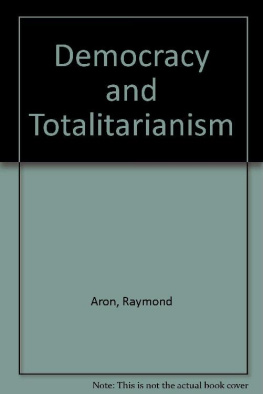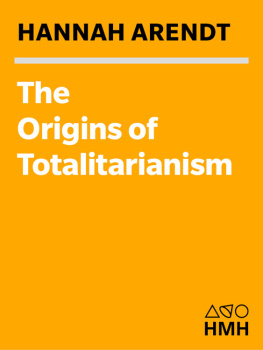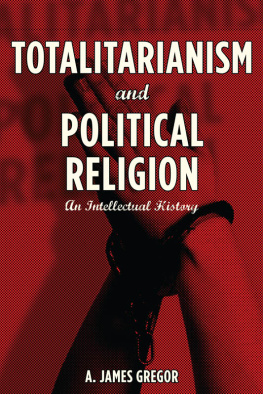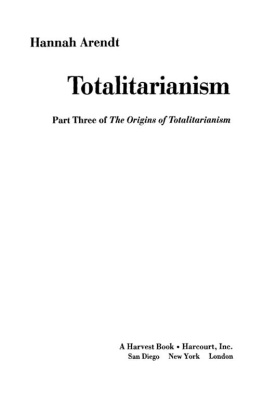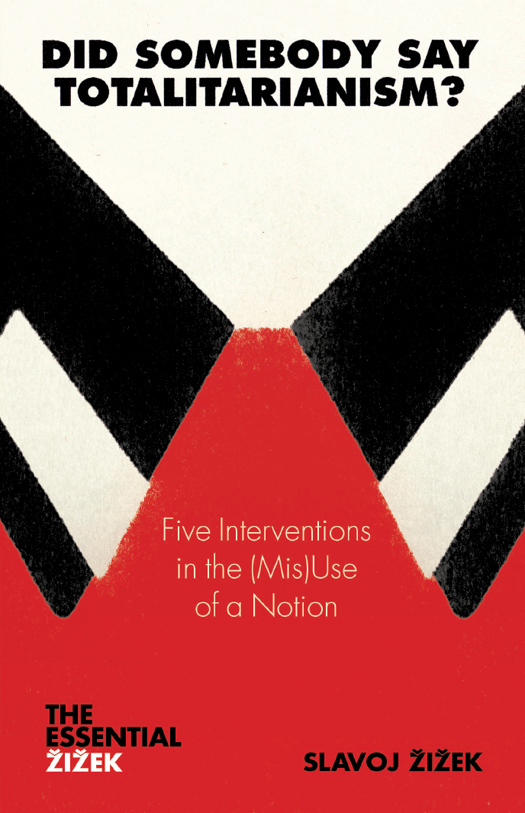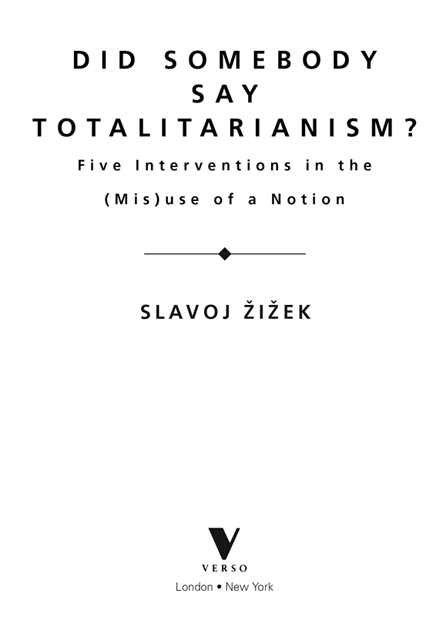S LAVOJ IEK was born in Ljubljana, Slovenia, in 1949, and is a professor at the European Graduate School, International Director of the Birkbeck Institute for the Humanities, University of London, and a senior researcher at the Institute of Sociology, University of Ljubljana. He has been a visiting professor at Columbia University and the University of Paris VIII, as well as at a number of other prestigious institutions on both sides of the Atlantic.
In his native Slovenia, he was a prominent political figure in the 1980s. He wrote a regular column for the newspaper Mladina and, in 1990, finished fifth in the election for the nations four-person presidency. His international reputation as a writer and philosopher was secured in 1989 with the publication of The Sublime Object of Ideology, a book that applied the authors original distillation of Lacan and Marx to an analysis of agency and modern ideology. A string of much lauded works has followed, including Repeating Lenin (1997), The Ticklish Subject (1999), Iraq: The Borrowed Kettle (2004) and Living in the End Times (2010).
As well as providing original insights into psychoanalysis, philosophy and radical political theory, he has, through employing his extraordinary scholarship to the examination of popular entertainment, established himself as a witty and deeply moral cultural critic. He has been the subject of two feature-length documentaries, Slavoj iek: The Reality of the Virtual (2004) and iek! (2005). He also presented and wrote the three-part British TV documentary A Perverts Guide to Cinema (2006).
His compelling, charismatic presence and puckish sense of the absurd have prompted the press to dub him the Elvis of cultural theory and an intellectual rock star. However, these jocular monikers belie a seriousness of purpose that has been nothing short of startling in an era marked by despondency and disengagement on the Left. More than an academic or theorist, iek has the gravitas and drive of a breed once thought extinct: the revolutionary. He has made philosophy relevant again for a whole generation of politically committed readers.
THE ESSENTIAL IEK
A series of classic philosophical texts from Verso
Did Somebody Say Totalitarianism? Five Interventions in the
(Mis)Use of a Notion
The Fragile Absolute
The Plague of Fantasies
Revolution at the Gates, iek on Lenin: The 1917 Writings
The Sublime Object of Ideology
The Ticklish Subject
Also available from Verso by the same author:
In Defense of Lost Causes
First as Tragedy, Then as Farce
Iraq: The Borrowed Kettle
Lacan: The Silent Partners
Living in the End Times
Welcome to the Desert of the Real
First published by Verso 2001
Paperback edition first published by Verso 2002
Reprinted 2011
Slavoj iek 2011
All rights reserved
The moral rights of the author have been asserted
Verso
UK: 6 Meard Street, London W1F 0EG
US: 20 Jay Street, Suite 1010, Brooklyn, NY 11201
www.versobooks.com
Verso is the imprint of New Left Books
eISBN (US): 978-1-84467-817-4
eISBN (UK): 978-1-78168-955-4
ISBN-13: 978-1-84467-713-9
British Library Cataloguing in Publication Data
A catalogue record for this book is available from the British Library
Library of Congress Cataloging-in-Publication Data
A catalog record for this book is available from the Library of Congress
v3.1
CONTENTS
Introduction: On Ideological Antioxidants
which, while providing the impetuous reader with a preview of the books contents, explains why totalitarianism is and was, from its very inception, a stopgap
On the Celestial Seasonings green tea packet there is a short explanation of its benefits: Green tea is a natural source of antioxidants, which neutralize harmful molecules in the body known as free radicals. By taming free radicals, antioxidants help the body maintain its natural good health. Mutatis mutandis, is not the notion of totalitarianism one of the main ideological antioxidants, whose function throughout its career was to tame free radicals, and thus to help the social body to maintain its politico-ideological good health?
No less than social life itself, todays self-professed radical academia is permeated by unwritten rules and prohibitions although such rules are never explicitly stated, disobedience can have dire consequences. One of these unwritten rules concerns the unquestioned ubiquity of the need to contextualize or situate ones position: the easiest way to score points automatically in a debate is to claim that the opponents position is not properly situated in a historical context: You talk about women which women? There is no woman as such, so does not your generalized talk about women, in its apparent all-encompassing neutrality, privilege certain specific figures of femininity and preclude others?
Why is such radical historicizing false, despite the obvious moment of truth it contains? Because todays (late capitalist global market) social reality itself is dominated by what Marx referred to as the power of real abstraction: the circulation of Capital is the force of radical deterritorialization (to use Deleuzes term) which, in its very functioning, actively ignores specific conditions and cannot be rooted in them. It is no longer, as in the standard ideology, the universality that occludes the twist of its partiality, of its privileging a particular content; rather, it is the very attempt to locate particular roots that ideologically occludes the social reality of the reign of real abstraction.
Another of these rules, in the last decade, was the elevation of Hannah Arendt into an untouchable authority, a point of transference. Until two decades ago, Leftist radicals dismissed her as the perpetrator of the notion of totalitarianism, the key weapon of the West in the Cold War ideological struggle: if, at a Cultural Studies colloquium in the 1970s, one was asked innocently, Is your line of argumentation not similar to that of Arendt?, this was a sure sign that one was in deep trouble. Today, however, one is expected to treat her with respect even academics whose basic orientation might seem to push them up against Arendt (psychoanalysts like Julia Kristeva, on account of Arendts dismissal of psychoanalytic theory; Frankfurt School followers like Richard Bernstein, on account of Arendts excessive animosity towards Adorno) engage in the impossible task of reconciling her with their fundamental theoretical commitment. This elevation of Arendt is perhaps the clearest sign of the theoretical defeat of the Left of how the Left has accepted the basic co-ordinates of liberal democracy (democracy versus totalitarianism, etc.), and is now trying to redefine its (op)position within this space. The first thing to do, therefore, is fearlessly to violate these liberal taboos: So what if one is accused of being anti-democratic, totalitarian.
Throughout its entire career, totalitarianism was an ideological notion that sustained the complex operation of taming free radicals, of guaranteeing the liberal-democratic hegemony, dismissing the Leftist critique of liberal democracy as the obverse, the twin, of the Rightist Fascist dictatorship. And it is useless to try to redeem totalitarianism through division into subcategories (emphasizing the difference between the Fascist and the Communist variety): the moment one accepts the notion of totalitarianism, one is firmly located within the liberal-democratic horizon. The contention of this book is thus that the notion of totalitarianism, far from being an effective theoretical concept, is a kind of


